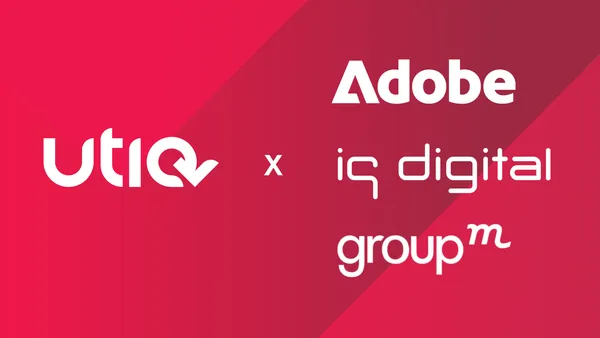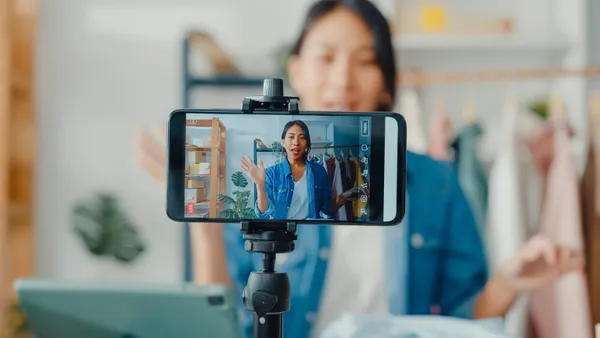Dive Brief:
- Only 9% of marketers have completed the development of a hyper-personalization strategy, according to findings from Ascend2’s “Hyper-Personalization Strategies Survey Summary Report.” Most marketers, or 62%, are either just talking about hyper-personalization or haven’t done anything about it yet. Hyper-personalization refers to personalized marketing that leverages artificial intelligence (AI) and real-time data.
- Sixty percent of marketers say their top priority for hyper-personalization is to improve customer experience, while 51% say applying data insights to decision-making is important. Other imperatives for hyper-personalization include better understanding customers (41%), improving content performance (37%), gaining a competitive advantage (32%), using more AI (29%) and attributing revenue to marketing (26%).
- Predictive analytics, user experience (UX), content creation/curation applications, search/social marketing, email marketing, digital/display advertising and open-question chatbots were the most effective AI-powered applications used in an hyper-personalization strategy.
Dive Insight:
As marketers focus more on achieving higher levels of personalization to meet consumer demand for more relevant messaging, many are embracing emerging technology and automation tools. The Ascend2 survey reveals that many see AI as a solution for delivering more relevant content, product and service information to consumers, but few marketers have full-fledged hyper-personalization strategies in place.
While more than half of marketers see applying data insights to decision-making as a top priority with hyper-personalization, the Ascend2 survey also revealed that 53% also see applying insights as a barrier to a successful strategy. The complexity of rolling out a hyper-personalization strategy is leading 80% to outsource the program to an expert or combine outsourcing with some in-house functions.
Personalization and customer experience are top priorities for marketers, according to the study, but they are also areas that marketers have struggled to get right. A recent Accenture study found that 87% of marketers realize that traditional experiences are no longer enough to satisfy consumers. But, most brands remain “mediocre” in the quality of their customer experiences, a Forrester study revealed. Consumers also report that most marketing messages only sometimes feel personal and often find some personalization methods to be creepy.
AI has been on marketers’ radar for some time, as a solution for creating more relevant and positive customer experiences. Fifty-three percent of B2B marketers think AI will boost how effective their marketing is in driving revenue, according to EverString and Heinz Marketing. Marketers also see AI as helping to identify new customers and market trends. Spending on cognitive and AI systems is expected to reach $19.1 billion in 2018, a 54.2% increase over 2017, per an International Data Corporation report.













